For Media Activists in Syria, Cameras Are Weapons
“I don’t see myself as a journalist, I see myself as a revolutionary.”
In this remarkable video by Adam Pletts for Al Jazeera, [7:59] a former real-estate construction manager turned media activist states, “It was impossible before the revolution to make a media centre or publish any photo or video against the regime.”
Sitting on the floor, snacking and smoking cigarettes in a village guarded by the Free Syrian Army, a team of media activists points to coverage by Reuters on the T.V. and have differing opinions about editing the team’s video content for distribution. One main debate surrounds how much “flesh and blood” is too much to show before it’s too shocking for people to even watch.
The former construction manager, who now serves as media coordinator, states, “This discussion is normal and necessary. For 50 years the regime took only one side and never listened to the others sides. So if I behave the same way now, I will be behaving like the regime.”
But later [16:05] he seems to contradict himself: “I am an activist, only an activist. I am with the revolution, so I will only tell this side.”
War: The New Normal
Living in a place of war and death, within the boundaries of a “safe zone” that is constantly bombarded by the regime’s army, and outside of which he is likely to be killed, this media coordinator has clearly chosen a side and uses news coverage as his weapon.
“We are covering the event, but you can always see our feelings,” he states. The video then shows clips of him covering the villagers who now live underground to avoid bombing from above. An old woman says, “Isn’t it [President] Assad’s Army that is killing us?” Another media activist tours the cameraman around the abandoned buildings above ground, and past the graveyard where victims of the bombings, including innocent children and elderly “martyrs,” have recently been buried.
‘Feelings’
Emotions. Journalists have them, but lock them away somewhere in order to write a “balanced” story. But what if the story has no balance? What if you’re being bombed for wanting to be free? Are you automatically an activist if you let your feelings about that show? Or do you have to make a decision, draw a line, to be one?
I don’t know the answer. But whether you call truth-tellers ‘journalists’ or ‘activists,’ the truth is always good in my book. Sometimes, in order to tell the truth, an unbalanced, unjust story must be told exactly like it is.





